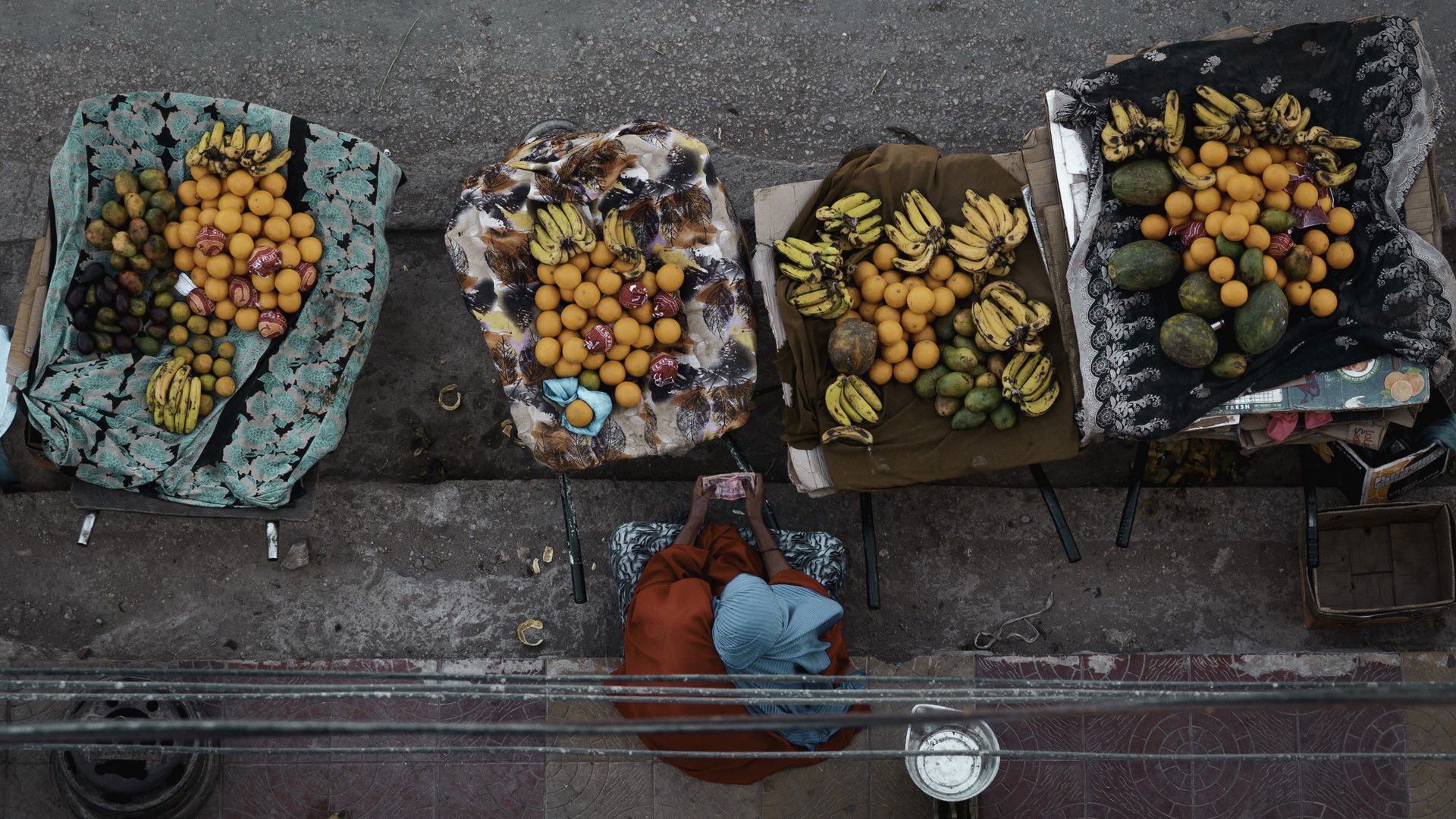Migration and forced displacement
Migration is a global phenomenon that considerably contributes to sustainable development, while simultaneously engendering risks for individuals on the move and challenges for societies as a whole. Migration is therefore a priority topic for Switzerland’s foreign policy and international cooperation. The SDC addresses the challenges of forced displacement and irregular migration whilst promoting local solutions for forcibly displaced persons.

Thematic context
Migration is one of the oldest and most effective strategies to escape poverty and to foster economic growth. Of the 281 million migrants worldwide, 60% are migrant workers delivering huge economic and development benefits. For countries of destination, these benefits include labour and skill supply, innovation, entrepreneurship and more. For countries of origin, the opportunities are best exemplified by remittance transfers which represent more than three times the volume of Official Development Aid (ODA). Yet, migration bears risks and challenges. Migrants face heightened risks of exploitation, discrimination, lack of access to social protection and justice, and the threat of human trafficking. Unsafe and irregular migration, brought about by a growing number of forced displacements due to armed conflicts, climate change and natural hazards, poses a global challenge. The strains are particularly heavy on low- and middle-income countries, which host 75% of refugees.
Swiss expertise
Switzerland’s engagement on forced displacement is rooted in its humanitarian tradition as a depositary State of the Geneva Conventions and as the host country for all international migration organisations.
Through its balanced approach based on partnerships with countries of origin, transit and destination, Switzerland is a credible and principled partner in the field. In addition to its long-standing multilateral and bilateral commitment to humanitarian assistance and protection of forcibly displaced populations. Switzerland was also one of the first countries to position itself on migration and development, thus providing long-term support to the Global Forum on Migration and Development and doing pioneer work on labour migration. Switzerland also spearheaded international discussions on disaster displacement and durable solutions for internally displaced people (IDPs). Switzerland’s capacity to work with a wide range of stakeholders, including the private sector and cities, is a distinctive feature.
Priorities
In the short term, the SDC improves the living conditions of displaced persons and protects refugees in their host countries through core contributions to the United Nations Refugee Agency (UNHCR), the International Committee of the Red Cross (ICRC) and other multilateral and bilateral partners. It supports humanitarian responses to current crises such as those in Afghanistan, Ukraine, Syria, Sudan and more, which generate the largest number of refugees worldwide (2024).
In the medium term, Switzerland’s international cooperation works towards the integration of migrants and displaced persons in partner countries. For example, the SDC supports the socio-economic integration of Ukrainian refugees and vulnerable Moldovans in order to reduce their dependence on humanitarian and social assistance while strengthening their self-reliance. More than 14,000 people, including more than 9,500 refugees, have benefited from the measures in the first year. In the Horn of Africa, more than 6,000 forcibly displaced persons have been able to improve their living and employment situation in the local markets in Kenya and Somalia thanks to Switzerland’s support.
In the long term, the SDC contributes to mitigating the underlying causes of irregular migration and forced displacement, such as poverty, insufficient access to basic services, armed conflicts, poor governance or environmental degradation, natural hazards and the effects of climate change. Its advocacy for decent work as well as economic and financial inclusion of migrants leverages their contributions to the economy.
The SDC realises punctual development programmes with so-called flexible funds related to domestic migration interests in non-priority countries of the SDC. Countries are selected based on the proposal of the State Secretariat for Migration (SEM) and agreed within the framework of the Interdepartmental Structure for International Cooperation on Migration.
Links
Stories

Millions displaced by conflict and insecurity
Swiss humanitarian and development initiatives support people displaced by conflict or insecurity.

International co-operation as integral part of Swiss security policy
Switzerland has a comprehensive approach to security. International co-operation helps to address global issues and reduce security risks.
Contact
Eichenweg 5
3003 Bern

